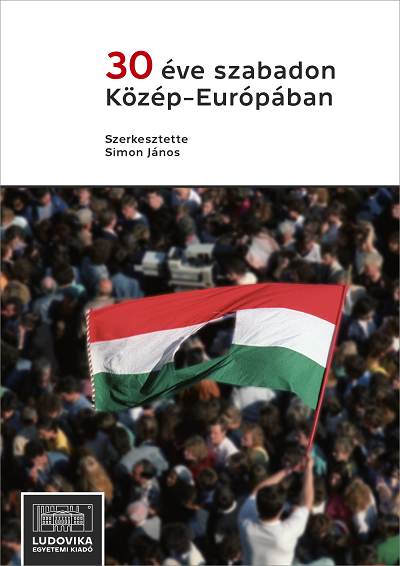National Sovereignty and Multiple Governments
Absztrakt
To make the complexity of the current globalised world governable, the processes of decision-making must be simplified. Each of the multiple levels and sectors of government should deal with specific policy issues. None of them should claim jurisdiction over all policy and collective issues.
The model of multiple levels of government militates against the claim of unity of powers or ‘sovereignty’, which has become one of the most obsolete political concepts in the current world. The concept of sovereignty was coined long ago, by the mid-seventeenth century, by such luminaries like the English Thomas Hobbes and the French Jean Bodin, with the intention of justifying the strengthening of the central powers of the monarchy. The root ‘sover-’ comes from the Latin ‘super’, or supreme. The monarch’s sover-eignty or supre-macy was conceived as ‘absolute’ and the subsequent political regime as ‘absolutism’. That is why we still sometimes call – a current king or queen the ‘mon-arch’, that is, the only or ‘mono-’ holder of decision power, or ‘the sove-reign’, even if almost nobody enjoys such monistic or absolute powers nowadays.
(Introduction)



.svg)
